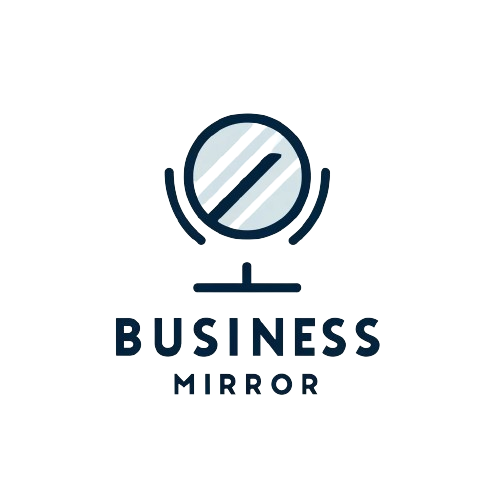What are the Types Of ESOPS?
An employee stock ownership plan (ESOP) is a defined contribution plan that provides employees with an ownership interest in the company. The ESOP can be used to buy shares of the company’s stock, which are then held in a trust for the benefit of employees. There are two main types of ESOPS: leveraged and non-leveraged. Leveraged ESOPS use borrowed money to purchase stock, while non-leveraged ESOPS do not. Both types of plans have their advantages and disadvantages, which will be discussed in this blog post.
Define an ESOP.
An ESOP (Employee Stock Ownership Plan) is a retirement plan designed to give employees an ownership stake within their organization. ESOP consultants can help business owners structure the ESOP, obtain any necessary financing, and manage the ESOP on an ongoing basis. With an ESOP, businesses can offer a valuable form of compensation to retain talented employees, increase workplace motivation and productivity, and provide meaningful financial rewards to employees over time.
Describe the different types of ESOPs.
ESOPs, or Employee Stock Ownership Plans, are a form of retirement benefit offered to employees by many organizations. ESOPs can be tailored to suit individual companies, and they fall into two main categories: leveraged ESOPs and non-leveraged ESOPs. Leveraged ESOPs involve taking out loans to buy company stock which is then used to fund the ESOP itself; these ESOPs are often considered to be a type of employee incentive program. Non-leveraged ESOPs rely instead on funds from shareholders such as founders and investors; in this arrangement, company stock is allocated directly to employees. It’s important for businesses looking into ESOP plans to speak with experienced ESOP consultants who can help determine the best plan for their goals and objectives.
Discuss the pros and cons of each type of ESOP.
ESOPs (Employee Stock Ownership Plans) have become increasingly popular over the years due to the potential benefits that they can provide. ESOPs come in several different forms depending on their regulations and structure, with each type having its own set of pros and cons. Some ESOPs may only require an annual filing with the IRS, while others need more frequent statements in order to remain compliant. ESOP consultants can help a company determine which ESOP best suits their needs, as well as guide how to take advantage of ESOP’s tax savings opportunities. Depending on a company’s needs, ESOP consultants can also be invaluable when it comes to crafting or evaluating ESOP loans and setting up repurchase obligations. Ultimately, ESOPs offer businesses an ownership structure that could potentially benefit both themselves and their employees; however, it is important for companies to thoroughly consider all factors before making a decision.
Share your experience with an ESOP, if you have one.
Working with ESOP consultants over the past few years has been an invaluable experience for me. Having an ESOP in place provides financial security, allows partners to retire with a cash payout from the business, and is an effective succession strategy. In addition, it made us eligible for lucrative tax benefits that we were grateful to take advantage of. Together with our ESOP consultants, we designed our ESOP so that it would ensure success and sustainability through transferring ownership or shares of the company to employees, doing things such as offering stock options, and structuring share purchase rights—all while still helping us stay well within our budget. I am confident that by following the advice of ESOP consultants and having an ESOP in place, I continue to reap the benefits today.
Offer advice for those considering setting up an ESOP for their business.
If you are considering setting up an ESOP for your business, it’s important to do your research. Evaluating the entire ESOP process and understanding the various regulations involved can be complicated and time-consuming, so connect with ESOP consultants who have experience navigating these waters. Having a reliable ESOP consultant will save you time and money in the long run as you make sure all of your ESOP operations are compliant. Be sure to vet ESOP consultants carefully and make sure their advice is personalized for your individual needs.
An ESOP can be a great way to ensure that your employees are motivated and invested in the success of your company. However, it’s important to research all of your options and consult with an expert before making any decisions. There are many different types of ESOPs, each with its own set of pros and cons. The best option for you will depend on the specific needs and goals of your business.









